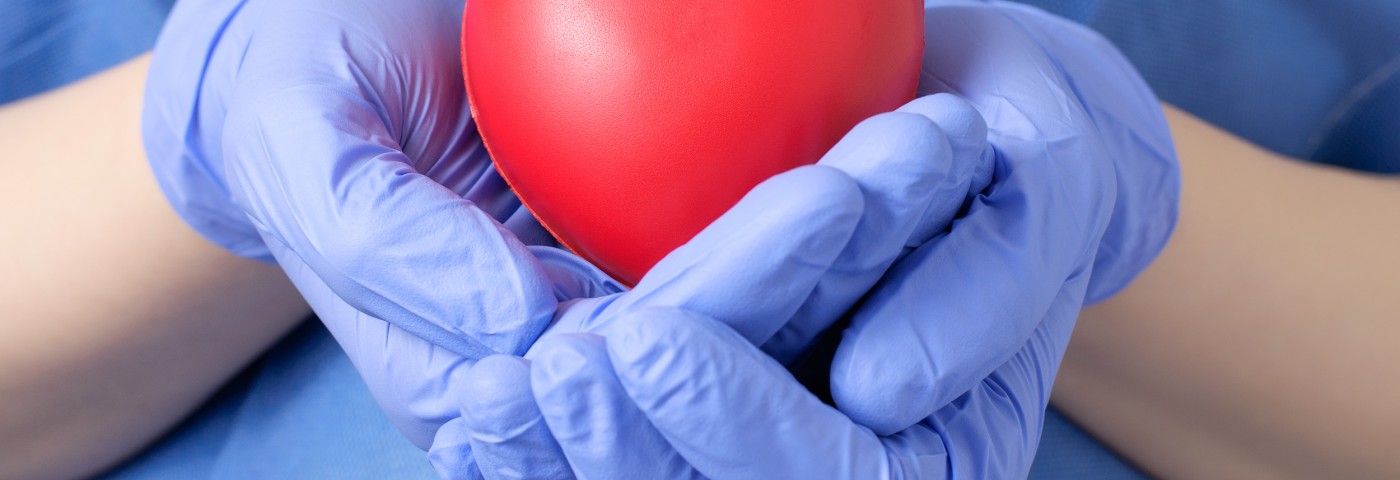A special cardiovascular issue of the journal Cell Transplantation, due to be published later this year, will cover three studies exploring cutting-edge research to treat cardiovascular diseases: transplanted bone marrow-derived mononuclear cells, the activation of endogenous cardiac stem cells, and transplanted umbilical cord cells.
The first study, “The iXCELL-DCM Trial: Rationale and Design,” describes a multi-cell therapy called Ixmyelocel-T. The treatment is produced by using a patient’s own bone marrow mononuclear cells, a cell type that can give rise to various immune and blood cells, and differs from previous attempts by starting with a mix of bone marrow mononuclear cell types. These cells are then stimulated, in a way that promotes the expansion of only certain cells, before being injected back into patients, where they act as an immunotherapy.
This clinical Phase 2B trial is being conducted at several sites across the U.S., and targets patients with heart failure caused by ischemic dilated cardiomyopathy. It will assess the efficacy, safety, and tolerability of the treatment and is expected to conclude in February 2017.
“Heart failure continues to be a major cause of morbidity and mortality in the U.S.,” said Dr. Timothy D. Henry from the Cedars-Sinai Heart Institute in Los Angeles, the study’s first author, in a press release. “Despite medical advances, mortality continues to approach 50 percent within five years.”
The second study, “Activation of endogenous cardiac stem cells by apelin-13 in infarcted rat heart,” is focused on activating patients’ own heart stem cells using a factor called apelin-13. The molecule is a naturally occurring peptide that plays a role in the control of blood pressure and flow, and stimulates heart contractility. Earlier preclinical studies found that apelin-13 contributed to the regrowth of tissue and functional recovery after cell transplantation with bone marrow-derived mesenchymal stem cells.
Researchers from the Center of Cardiology, Navy General Hospital in Beijing, China, tested the factor in animal models of heart attacks, with promising results.
“While little is known about whether apelin may mobilize endogenous cardiac stem cells, our results have shown that a small amount of apelin-13, administered by injection into rats modeled with myocardial infarction (commonly called heart attacks), can lead to a significant increase in cardiac stem cell proliferation. It also resulted in significant reductions in infarct size and improvement of cardiac function,” said Dr. Yi Cao, a study co-author, in the release. “Our experimental data further strengthens the understanding of the mechanism by which apelin promotes cardiac repair and functional recovery post-myocardial infarction by activating stem cells or progenitors.”
Finally, the study “RESCUE-HF Trial: Retrograde Delivery of Allogeneic Umbilical Cord Lining Sub-Epithelial Cells in Patients with Heart Failure” reports on a clinical trial in heart failure patients that explored the role of umbilical cord lining sub-epithelial cells (UCSECs) as a therapy.
“The goal of this study was to evaluate the safety and feasibility of delivering doses of allogeneic (donated from others) umbilical cord lining sub-epithelial cells (UCSECs) to patients with heart failure,” said Dr. Amit N. Patel, director of clinical regenerative medicine at the University of Utah, and a section editor for Cell Transplantation.
The 18 patients enrolled in the study received a single dose of either 100, 200, or 400 million cells, and were then followed for two years. Patients in the two higher dose groups showed indications of improvement, including clinical measures and lowered levels of B-type naturetic peptide (BNP) — a marker of heart failure. The study provides a foundation for continuing with the approach in a large-scale clinical trial.
“These studies are merely a few highlights of the special cardiovascular issue,” Dr. Patel said. “Cardiovascular diseases such as stroke and heart disease are increasing in prevalence as the population ages, thereby necessitating the development of new therapies that serve to lessen mortality and restore functional improvement. This issue focuses on the latest developments in cell therapy for cardiovascular diseases, as well as therapies aimed at upregulating the body’s own repair mechanisms. These are all topics that are highly relevant for the field.”


